The non-nomenclatures of Trend Professionals (Mendonça, 2020) #essay
2 // The non-nomenclatures of Trend Professionals.
09-05-2020, Carmen Mendonça (guest writter).
Change is one of the keywords in Trend Studies, and we can see this in different authors [1]. But the thing that seems to change the most is not the socio-cultural landscapes but the designations of the trend professionals themselves. Yes, this is a criticism. The coolhunter became trendwatcher (a big mistake, since they involve different practices) and recently I heard in a lecture the term signal hunter. This a problem, since clear concepts and nomenclatures are key to any respectable field, both in business and academia. When each author/professional uses “its own” nomenclature, they throw the field under the bus and help those that love to finger point. It is pointless to do an “equivalence chart” with all terms, since it would only enforce and legitimize this phenomenon. It spurs from a guru perspective that still actively mines the field. Against this we must fight to help promote the necessary bases, already created, for a sound research based on methods from Social Sciences and other fields. I spoke with some colleagues of this Lab regarding their efforts to present the categories of trends related professionals. I confirmed my suspicions and was even surprised at how simple the exercise is. As they explained to me, the names say everything. A trendwatcher is a professional that monitors (watches) changes and developments in socio-cultural trends (already identified trends), while the trendspotter is on the lookout for new emerging patterns (spotting). In fact they can be the same person, and the processes are similar, but the focus and end results are different. I find the work of Gomes [2] interesting in this regard.
We can understand the complaints heard from many colleagues that less experienced professionals may change the perception of the practices associated to traditional professional nomenclatures, forcing each to find new designations for their work. But in the long run, creativity to come up with new names will grow scarce. The solution is not to change the name, but to enforce a code of practices that ensure a proper research and professional activity. Awareness, study and academic publishing have a crucial role in this process. But there is also a role to be played by professionals on a different level. Networks and community spaces can further the dialogue and provide a common base for work. The responsibility doesn´t rest solely in academia.
BACK TO HOME PAGE BACK TO CONTENTS
.



